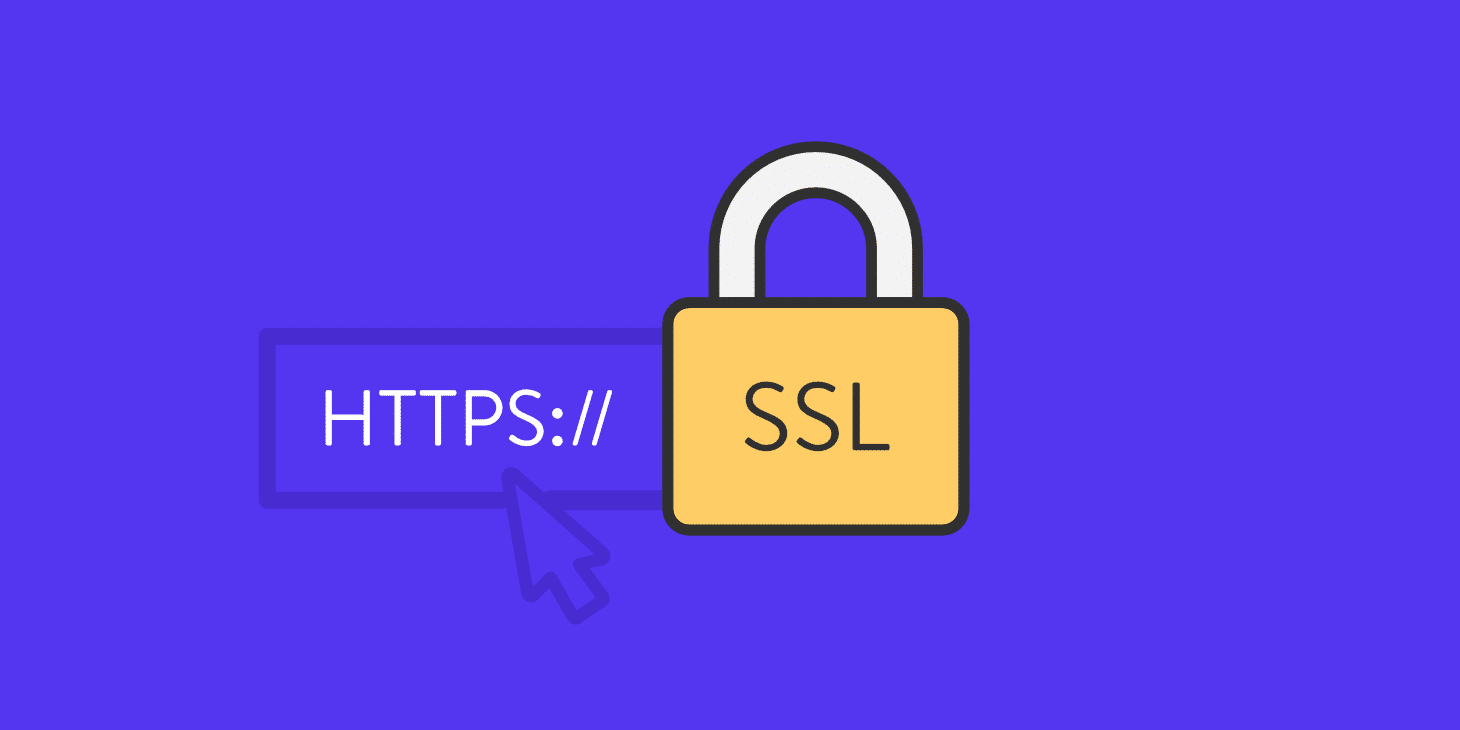Since every website must have HTTPS or Hypertext Transfer Protocol Secure encryption, the importance of a robust Secure Socket Layer or SSL certificate cannot be sidelined.
93.2% of surfing time is spent by chrome users on HTTPS encrypted website only, which in itself goes to show that users are aware of SSL or HTTPS encryption.
But, without appropriate knowledge of this security protocol, how can one know whether they have chosen the right SSL cert for their website or not?
Well, if you do not know anything about SSLs, there is no need to worry because we have got you covered.
There are majorly two types of SSL certs namely Wildcard and a Regular certificate. Let us look at both of them briefly:
What is a Regular SSL certificate?
A regular single-domain SSL certificate can only protect a single domain or a single subdomain at a time.
If you own a single website and do not have any plans to further expand to multiple subdomain systems, a regular SSL cert is best for you.
Moreover, this cert is available for validation on all levels, namely EV, DV, and OV, making it extremely secure.
For example, a standard SSL can only cover a domain such as https://www.shuger.com but not mail.shuger.com or support.shuger.com.
What is a Wildcard SSL certificate?
A wildcard certificate can cover unlimited first-level subdomains under a primary domain.
If you have a single domain with multiple extensions in the form of subdomains, then wildcard cert is your best bet.
If you want a wildcard SSL encryption, you need to place an asterisk (*) over your primary domain while buying it.
An asterisk represents that all subdomains operated under a particular primary domain are protected by a wildcard cert.
However, a primary domain with an asterisk over it does not mean that it will not protect the www version of it. Instead, it will protect both the www and the non-www version of it.
For example, *.shuger.com is protected by a wildcard cert along with www.shuger.com. At the same time, mail.shuger.com and blog.shuger.com remain under wildcard SSL protection too.
Does Wildcard SSL have stronger encryption than a Regular SSL?
Many people are skeptical about the strengths of both certificates. Well, both of them have the same level of strength. They both provide 256-bit strong encryption with an RSA signature key of 2048-bit.
Whether you are using a Wildcard cert or a Regular one, both have the same level of strength when it comes to encryption.
Differences Between Single-Domain and Wildcard SSL certificates
Protection
Regular SSL protects only one primary domain or a single subdomain, whereas wildcard SSL protects both the primary and unlimited subdomains under it.
It would help if you placed an asterisk over the primary domain at the time of purchase, and all the subdomains under it will get encrypted automatically.
For example, A regular SSL can only protect www.shuger.com, while a wildcard SSL can protect both www.shuger.com and its subdomains such as shop.shuger.com, blog.shuger.com, or mail.shuger.com, etc.
Validation
Domain Validation, Extended Validation, and Organization validation are all available for regular SSL certificates. It is considered extremely secure, whereas EV SSL is absent from a wildcard SSL.
Wondering why?
Well, that is because a single private key is authorized to all the subdomains. If a hacker gets access to the private key, he/she can create a clone website which will also come under the protection of the same wildcard SSL.
Since it does not make the wildcard SSL 100% secure, it isn’t granted the Extended Validation certificate (a certificate that proves that the website is 100% genuine.).
What are the drawbacks of using a Wildcard SSL certificate?
A single key is shared across all servers.
In a wildcard SSL cert, a single private key is thrown across all subdomains for encryption.
If all your subdomains are on a single server, you don’t need to worry much, but if they are spread across multiple servers, you have to share your private key across servers, resulting in a data breach.
Absence of green address bar
An Extended Validation certificate is absent in the wildcard SSL, so it never gets to attain the green address bar (which signifies that a particular site is safe).
Which SSL certificate is suitable for my website?
Well, this needs some analysis.
If you are a business owner who is not looking to expand his/her business shortly, there is no need to waste your money on wildcard certs because Regular SSL certs can provide the optimum protection.
But, if you are a business that has multiple sub-domains under your primary domain then, a wildcard SSL cert is your best bet because it can protect all your first-level subdomains along with the primary domain.
To Conclude
The significance of an SSL cert cannot be neglected given the mounting cybercrimes.
Customers, authorities, and search engines are all concerned about data protection and safety, which is why every website is expected to have SSL as a security protocol in place.
Your SSL cert must fit your requirement appropriately, which is why you must analyze your website before buying the security protocol.
Having an appropriate SSL increases your search rankings, builds customer’s trust, keeps you clear of hackers, and satisfies the search engine requirements.
It also satisfies government authorities for customer data safety, so get an SSL cert today if you haven’t already.
Appeio is a tech enthusiast and gamer who loves to write about the latest news and trends in the industry. He has been writing for over 5 years and has published articles on a variety of websites, including TechCrunch, IGN, and GameSpot. He is passionate about sharing his knowledge with others and helping them stay up-to-date on the latest tech news. In his spare time, he enjoys playing video games, watching movies, and spending time with his family.



![Best Samsung 5G Phones Under ₹30,000 in India – Latest Models & Reviews[May, 2025] Samsung A35 5g](https://appeio.com/wp-content/uploads/2025/02/Samsung-smartphones-under-30k-356x220.webp)
![Top 4 Best Samsung Phones under 40000 [April,2025] Top 4 Best Samsung Phones under 40000](https://appeio.com/wp-content/uploads/2021/05/Top-4-Best-Samsung-Phones-under-40000.jpg)







